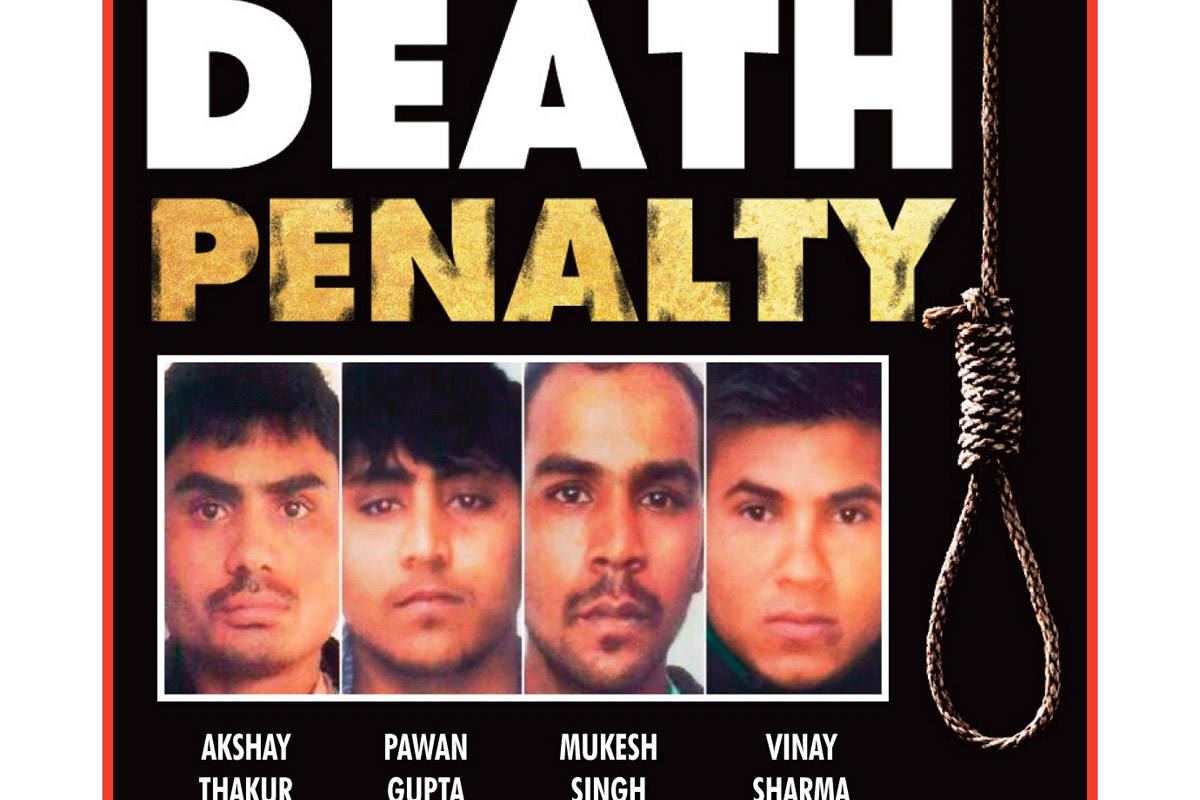As the four convicts in the Nirbhaya case exhausted all their legal remedies and went to the gallows on Friday morning, the curtain came down on one of the most horrific gangrape cases India has witnessed. Seven years and three months after a 23-year-old paramedical student was brutally raped and tortured, leading to her death a few days later, her parents have finally received some closure and feel justice has been served.
The last minute flurry of appeals by the convicts in an obvious attempt to defer the execution process had left them desperate as their long fight to punish their daughter’s killers was prolonged. This delay had also prompted calls for Hyderabad-style encounters to secure justice in cases of heinous crimes.
The alleged rapists of a young veterinarian, who was brutally raped and murdered in Hyderabad last year, were killed in an eyebrow-raising police encounter when they were being taken to the scene of the crime to recreate the sequence of events. Such a lynch mob mentality is unacceptable in a democracy and is indicative of the common people’s frustration with the tardy judicial process.
The Nirbhaya incident in 2012 had triggered nationwide outrage on a scale never before seen, prompting the then government to set up a committee to formulate more stringent laws for cases of rape. Notwithstanding the decision to fast track rape trials, the Nirbhaya case is proof of the in-built delays in the Indian judicial system.
Asia’s largest prison, Tihar jail, conducted its first hanging of four convicts simultaneously when Mukesh Singh, Pawan Gupta, Vinay Sharma and Akshay Kumar Singh were hanged to death at 5.30 a.m. on Friday. The execution has also opened up the debate on the need for the death penalty in a modern democracy when most civilised nations have dispensed with the punishment.
The public distribution of sweets and loud cheering after the hanging of the Nirbhaya convicts betray a mindset that is retributive in nature. And hanging is perceived as the most brutal form of capital punishment. In fact, a lawmaker of the ruling BJP and former cricketer Gautam Gambhir recently asked in Parliament if lethal injection could replace hanging.
Those calling for the abolition of the death penalty are seen as bleeding heart liberals, who are now anathema in a muscular new India. An eye for an eye will make the whole world blind, Gandhi had said, but people in power pay only lip service to the Mahatma. Any attempt to even debate the pros and cons of capital punishment is immediately shut down though there is empirical evidence that it does not deter crime in any significant way.
With the conclusion of the Nirbhaya case, there is an urgent need to create awareness in society about the need to respect women and accept them as equal partners. Only a mindset change will prevent the recurrence of more such brutal incidents and make India a safer place for women.












